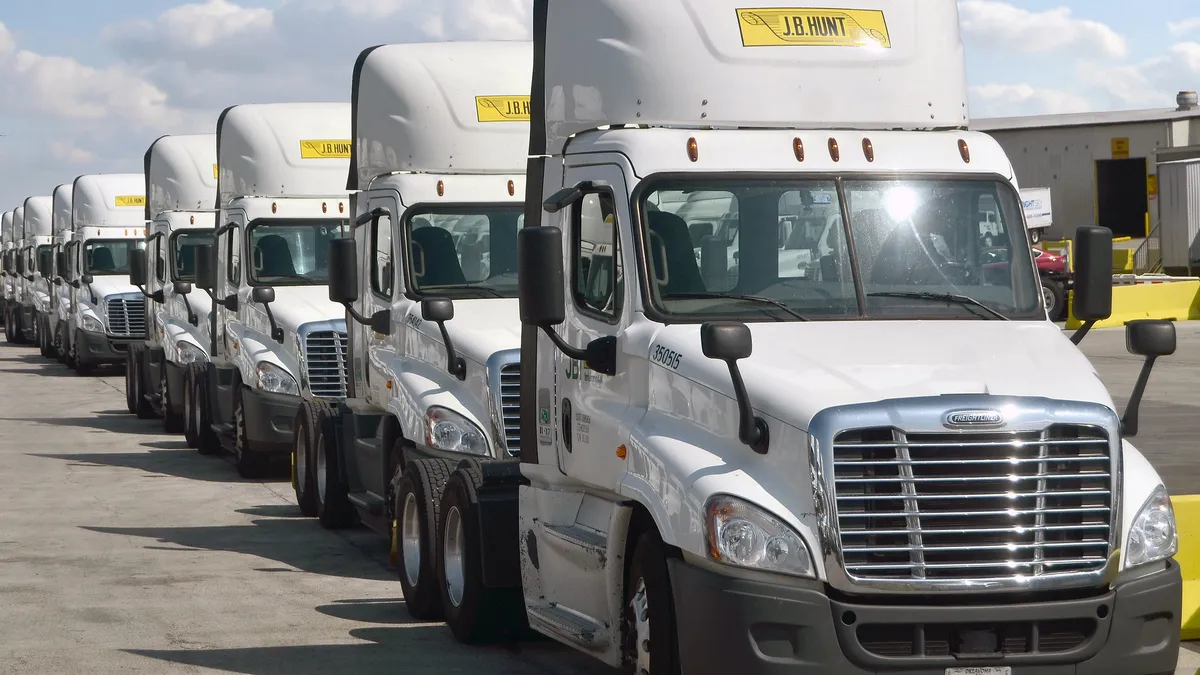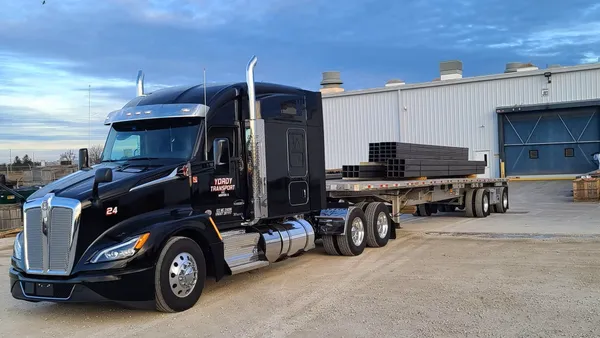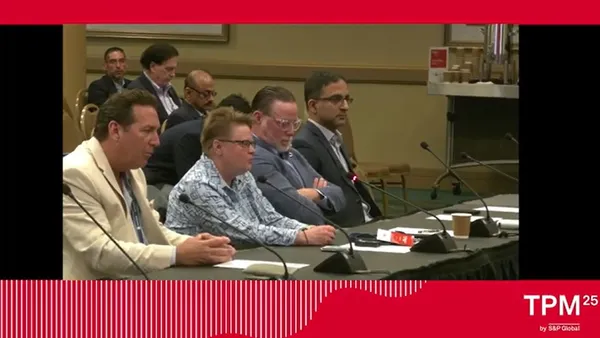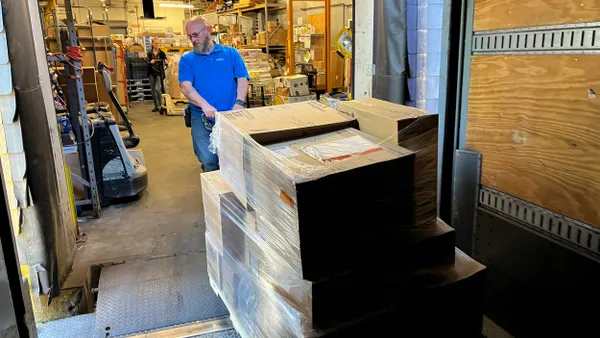Dive Brief:
- J.B. Hunt recently had to restrict capacity to certain customer locations because of demand outstripping resources, Shelley Simpson, chief commercial officer, said during an earnings call Monday. It's a situation similar to one an LTL competitor, FedEx Freight, found itself in during Q2.
- Detention of trailing equipment by customers in the intermodal and truck segments was one of J.B. Hunt's biggest obstacles, Simpson told investors. The challenge accelerated into Q2, Simpson said, and the carrier has had to discuss solutions with clients and make accessorial charges.
- Simpson said J.B. Hunt could meet capacity challenges for the remainder of 2021 by obtaining ordered equipment — containers and trailers — and by improving in rail velocity, customer detention and customer dwell time.
Dive Insight:
With a capacity crunch underway in the North American freight markets, LTL carriers such as J.B. Hunt and FedEx Freight have found they have to try to control the flow their shippers give them, or face bigger problems such as delayed arrivals and decay of service.
In early June, FedEx Freight imposed what it called "temporary targeted volume control." As many as 1,400 clients were temporarily suspended, FreightWaves reported. Lance Moll, president and CEO of FedEx Freight, said during a June 24 earnings call that one of the reasons for the measure was a surging TL market that spilled over into the LTL sector.
Moll said the measures would assure quality service and minimize network disruptions.
Simpson said Monday that the accessorial charges were not intended as a way for J.B. Hunt to gain new revenue. Instead, the intent was to "provide the appropriate incentive to encourage the improvements needed" to turn J.B. Hunt's equipment efficiently, she said.
But other challenges face J.B. Hunt. The company hopes to add new equipment as OEMs try to meet orders that are slowed because of the COVID-19 pandemic and a shortage in computer chips. Still, J.B. Hunt is ambitious in its orders. In April, the company's CEO, John Roberts, said the carrier increased its capital investment plan by 40% to buy more containers, trailers, chassis and tractors.
For J.B. Hunt, which has a considerable port business, intermodal is also a challenge in these boom times.
Darren Field, executive vice president of J.B. Hunt Intermodal, said demand for intermodal services is strong but "significantly outpaces our available capacity which remains constrained by rail performance and restrictions in addition to customer detention of our trailing equipment."
Field said the solution is on the rail side, as that industry seeks more workers, particularly in rail terminals. Field said J.B. Hunt's customers also need more workers in warehouse operations.
This story was first published in our sister publication, Transport Dive. Sign up here.














